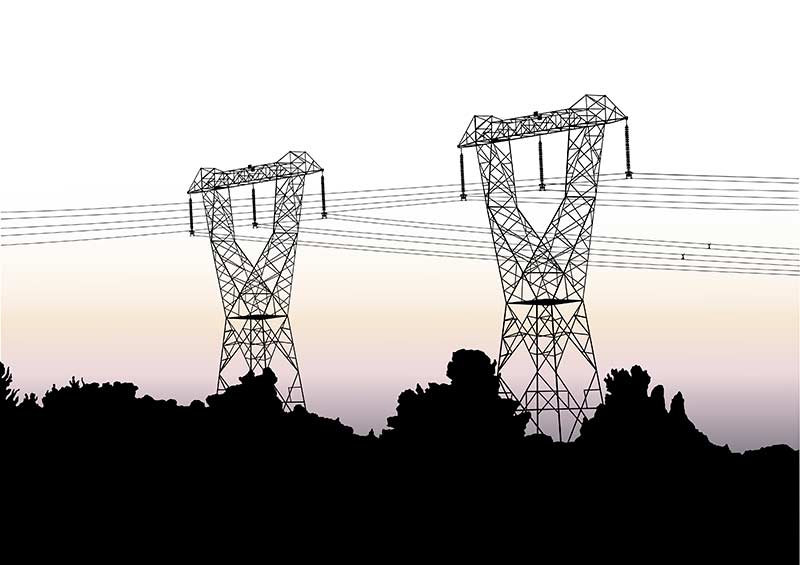
Keith Davies analyses a recent judicial review of plans to erect electricity pylons on green belt land
Everybody (save a few hermits) loves electricity; nobody (save a few enthusiasts) loves pylons. But can we have the electricity without the pylons?
To judge from our landscape, and not only in the UK, but the whole world, the answer is a resounding: No. But the 21st century, even more than the 20th, is the age of David and Goliath; of “nimby” v “vandal”; an era when people who tolerate electricity pylons in other people’s backyards are not prepared to tolerate such things in their own. Electricity yes; pylons no; underground cables maybe (if you can keep the cost to a minimum).
Even pylons and overhead cables eventually become familiar, and what is the point of fighting the familiar? Between the two world wars in the UK, the National Grid was created, to plan and build a national network of cables and pylons, marching stage by stage through towns, suburbs, farmland and moorland. But









